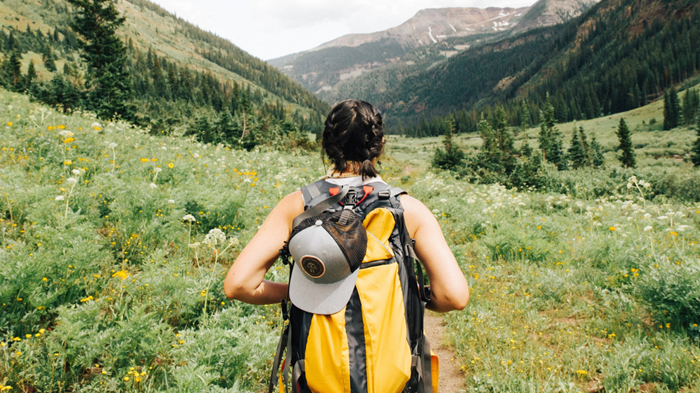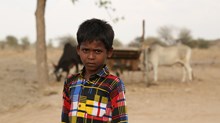How to Be Culturally and Racially Sensitive in Creation Care

Picture in your mind the typical “outdoorsy” person, with Chaco sandals, a Yeti water bottle, and North Face gear, setting out on a backpacking trip. This person buys eco-friendly products and is concerned about climate change, conservation, and environmental stewardship. In your mind, what color of skin do they have?
As recent reports have documented, the environmental movement and outdoorsy spaces have long been overwhelmingly white. Most national parks were segregated up past World War II. Today Black Americans make up 14 percent of the population, but less than two percent of national park visitors. Asian Americans are largely absent in mainstream environmental discussions, and their handed-down sustainable practices often dismissed as “immigrant culture.”
Both of us have found ourselves as minorities within the Christian creation care movement. Our cross-cultural interactions help us understand and appreciate different ways of seeing, valuing, and acting. As we notice our differences, we have also come to embrace the strengths of our unique cultural perspectives.
Ben: The Southeast Asian context I grew up in was less individualistic and more family and community oriented than much of the American context. Such a collectivistic approach can help us better recognize and address the critical structural and systemic aspects of environmental concerns. Sacrificing individual interests for the good of the broader community is also something that tended to be valued more.
Liuan: My family immigrated from China when I was three. My parents have never been engaged in larger advocacy issues, I think in part because of their history within communist China where dissent was strictly tamped down. However, as I wrote for Reclaim magazine, “our focus on familial duty can be transformed into a strength when we pair it with Jesus’s call to extend our vision of family beyond blood relatives, to ‘whoever does the will of my Father in heaven’ (Matthew 12:50, NIV). In this age of coronavirus and climate crisis, we can see our interconnectedness—our siblinghood—with those in far-flung places, and even with other living members of our ecosystem, including trees that supply oxygen and bees that pollinate crops.”
Every culture has its strengths, weaknesses, and blind spots. We can learn to better assess and own these aspects of our culture by cultivating relationships with and listening to the wisdom, perspectives, and experiences of those who come from different contexts.
We know that much of modern conservation comes out of colonialism and is still heavily influenced by colonialist and white supremacist ideas and approaches. It takes hard and often painful work to unpack these deeply problematic roots, interrogate how they continue to influence present systems and outcomes, and work to pursue repentance and reform. Much of the progress in these areas has come through learning from and seeking to respect the rights of Indigenous, Black, and local communities.
Many Black folks who love spending time outdoors have shared about the fear that goes along with being in these spaces – where some look upon them with suspicion and may call law enforcement or worse. The outdoors, especially in the U.S. south, often holds scars of past oppression and the forced labor of America’s slaving history. Indigenous folks who have practiced wise and sustainable land management for generations have been pushed out of protected natural spaces, because the vision of white conservationists is that “pristine” natural lands should be human-free.
To participate with God in restoring the shalom community of all creation—which involves addressing the ecological crises that disproportionately affect people of color and the most vulnerable among us—we need to listen to people with different experiences, especially the voices of color who are calling us to more culturally sensitive and wise ways to engage in creation care.
Liuan Huska is a freelance writer and the author of Hurting Yet Whole: Reconciling Body and Spirit in Chronic Pain and Illness. She lives in the Chicago area, on ancestral Potawatomi land, with her husband and three little boys. She serves on the board of A Rocha USA.
Rev. Ben Lowe is the author of multiple books and has over a decade of experience engaging faith communities around social and environmental concerns. He is currently completing a doctorate in global environmental change at the University of Florida and serves as the chairperson of A Rocha USA and the co-chair of Christians for Social Action.
The Better Samaritan is a part of CT's
Blog Forum. Support the work of CT.
Subscribe and get one year free.
The views of the blogger do not necessarily reflect those of Christianity Today.






















